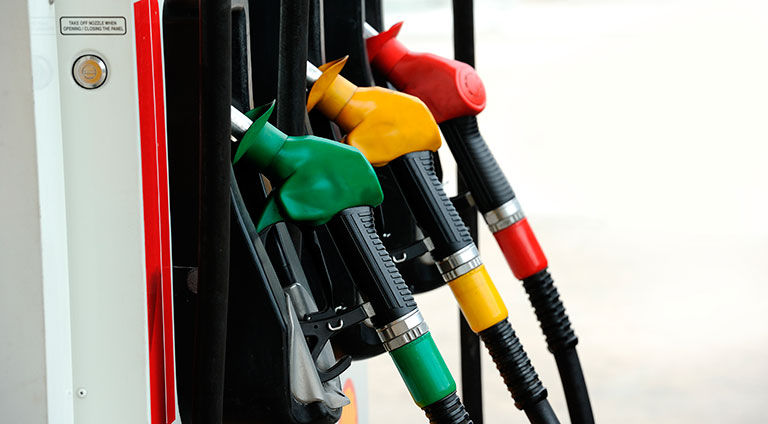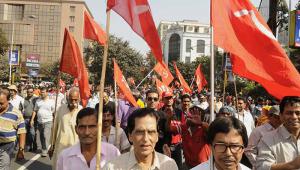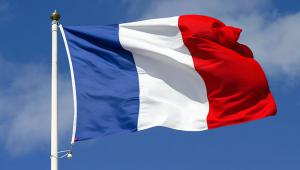The Nigeria Labour Congress (NLC), which represents millions of workers across the country, called a walk out of its members from 12am on Wednesday unless the government reversed its decision to abolish fuel subsidies and more than double prices.
The Nigerian Trade Union Congress (TUC), which had also been scheduled to strike, has said it will not take part in the action following the court order.
In response to an application made by justice minister Abubakar Malami, the country’s National Industrial Court ruled against the strike because of lost public revenue and the threat to public order it would cause.
But hours later, after talks broke down between the government, the NLC and TUC yesterday, the NLC said it would go ahead with the action.
A statement on the union’s website said that unless the government reverses its plans by midnight on Tuesday, it will “mobilise to streets across the country... shut down all banks, seas and airports, government and private offices, as well as markets” and “commence indefinite, nationwide strike action”.
Nigerians should stock up on enough food to “last for a while”, it added.
However it is unclear how many NLC workers will join the strike. At least some NLC affiliates in the oil and gas sector oppose the action.
The government has called on workers to respect the court order.
A statement issued by government secretary David Babachir Lawal called the NLC’s decision “regrettable” and said actions that intimidate, harass or prevent workers from carrying out their duties will be met with an “appropriate response” from law enforcement.
He added that any civil servants who take part in the strike will not be paid.
Nigeria’s oil-reliant economy saw its gross domestic product growth cut from 6.3% in 2014 to an estimated 2.7% last year and its foreign reserves depleted as prices tumbled.
Government finances have also been “decimated” by the slump, and the government hopes scrapping the subsidy programme will relieve a heavy burden on the public purse.
Global institutions like the International Monetary Fund have recommended Nigeria abolish the costly scheme. However previous attempts in 2012 have been blocked by widespread protest.
The price hike, from 86.5 naira to 145 naira, is also hoped to alleviate fuel shortages that have resulted in blackouts and an energy crisis throughout the country.














